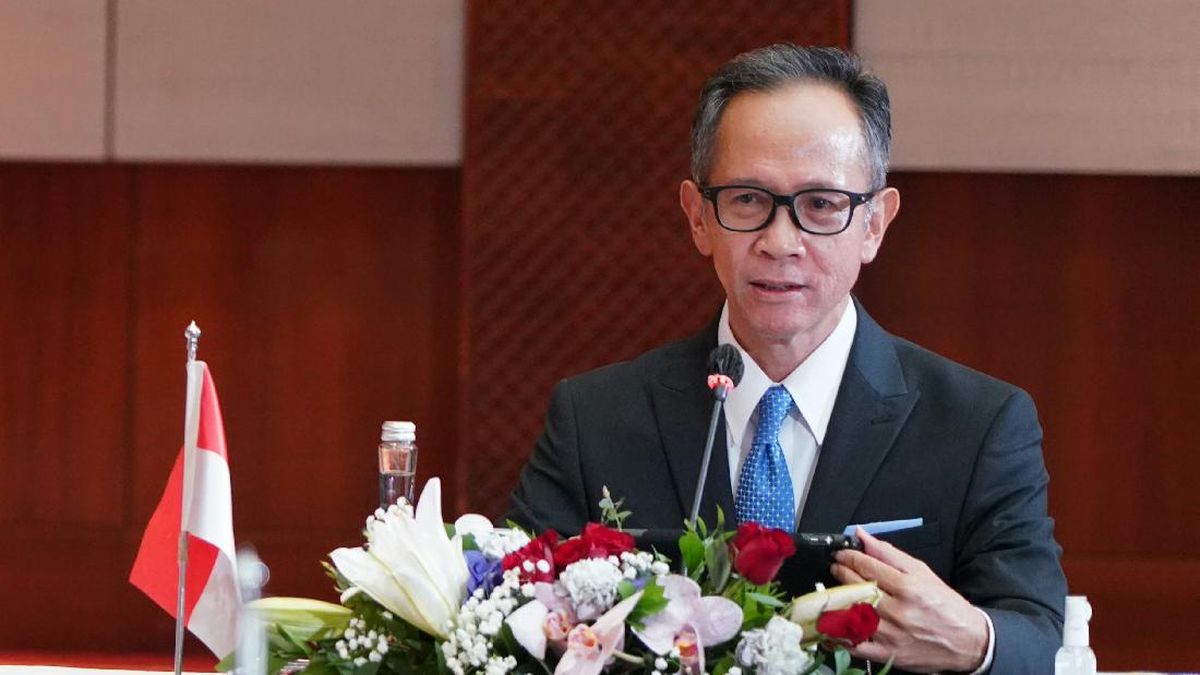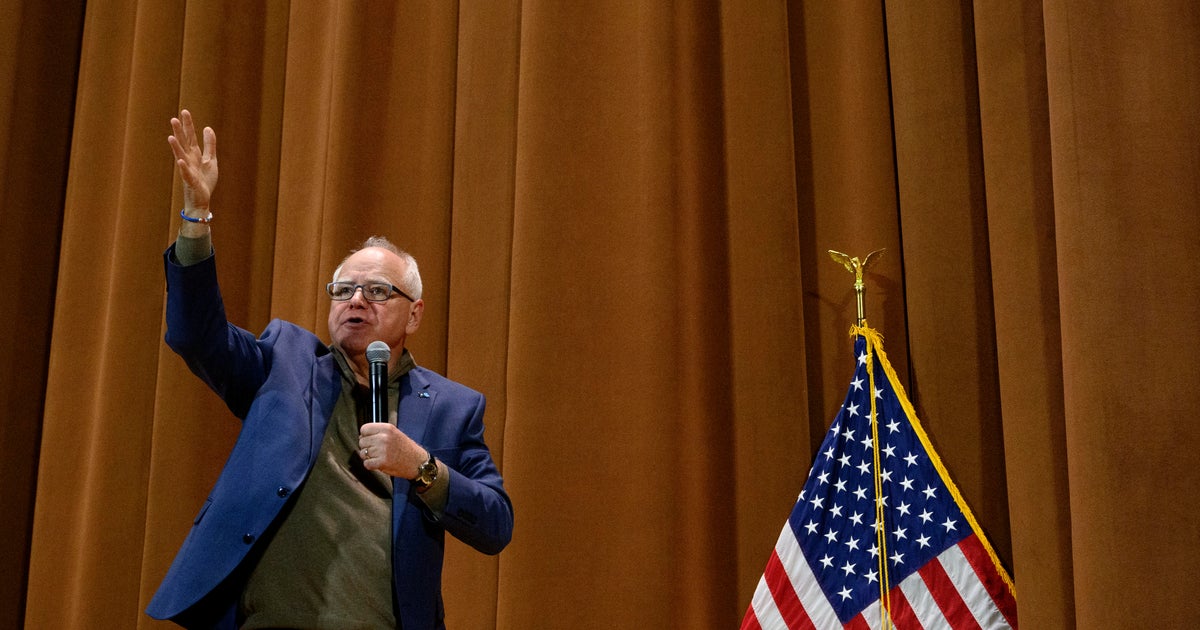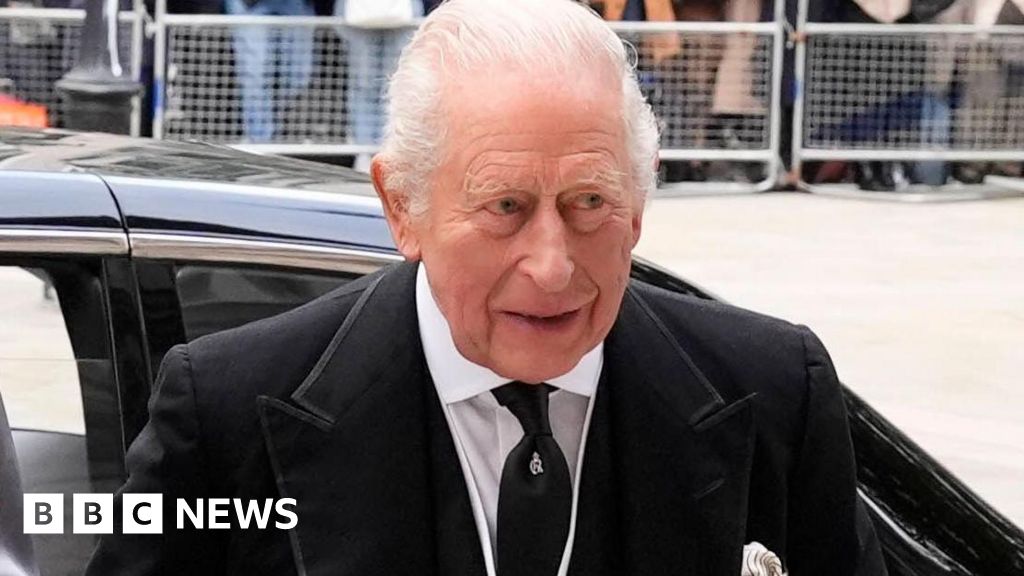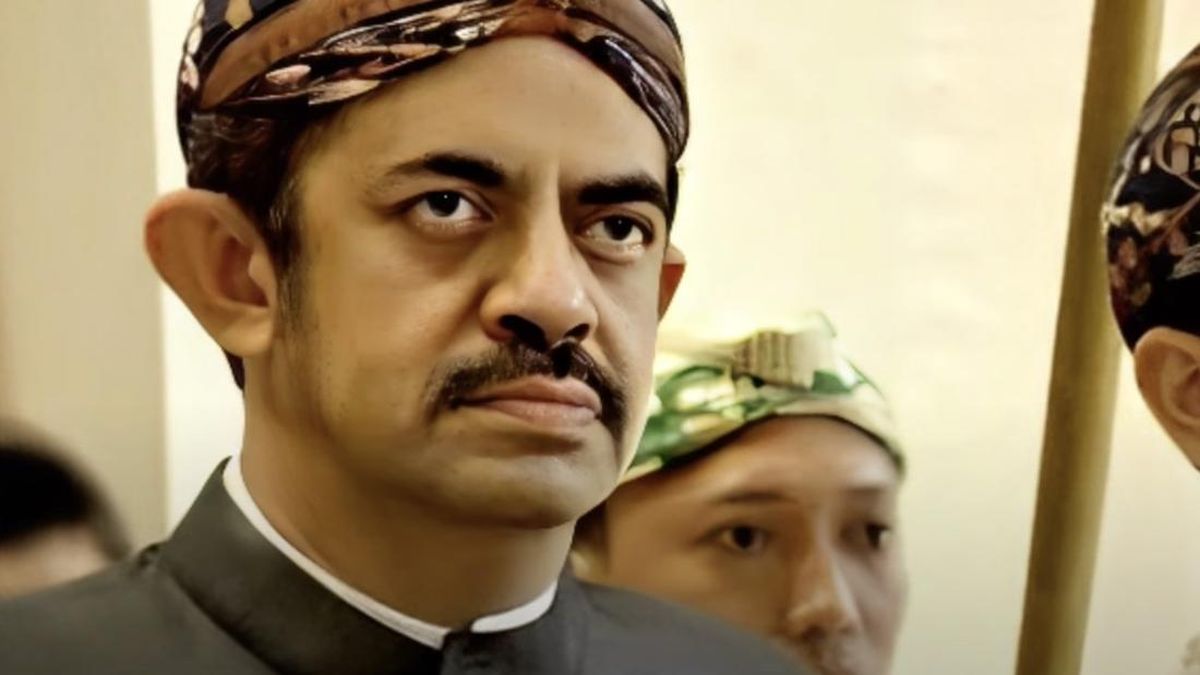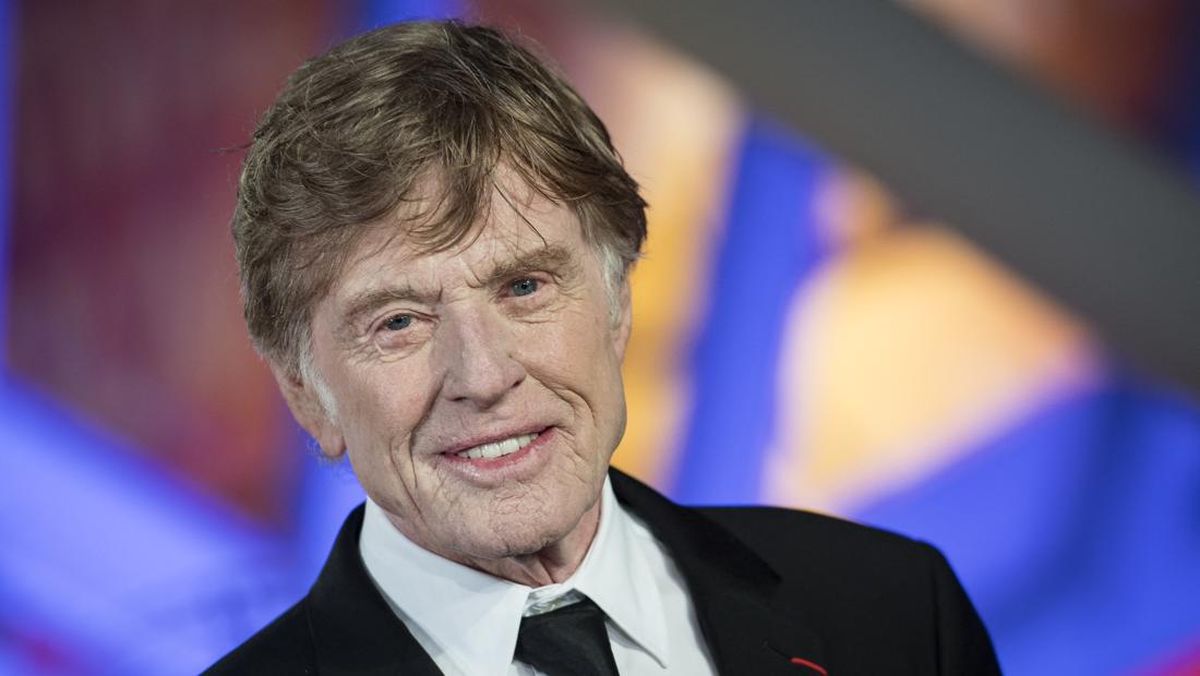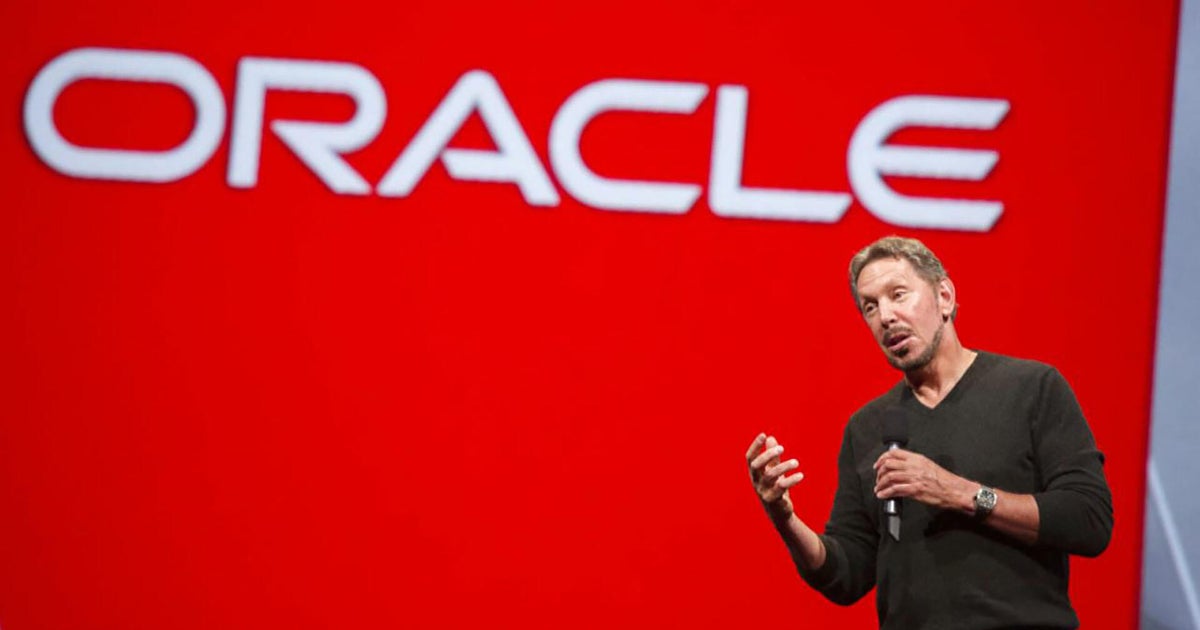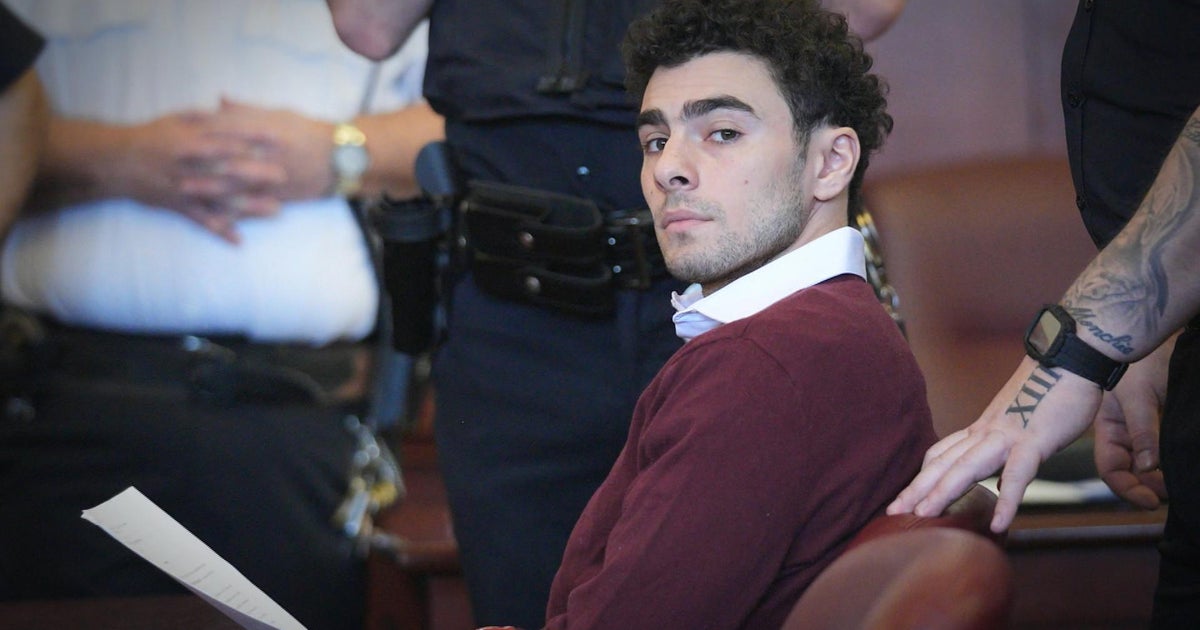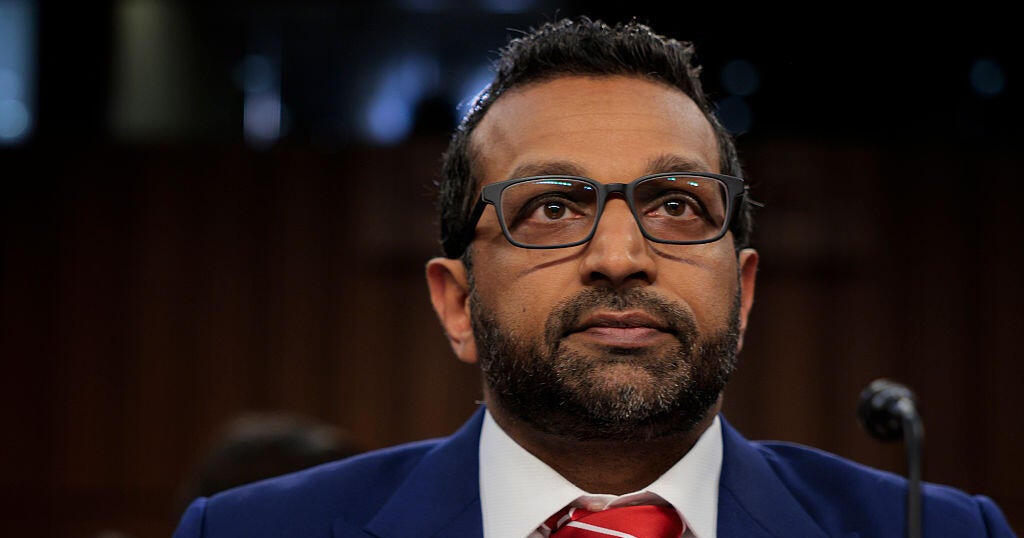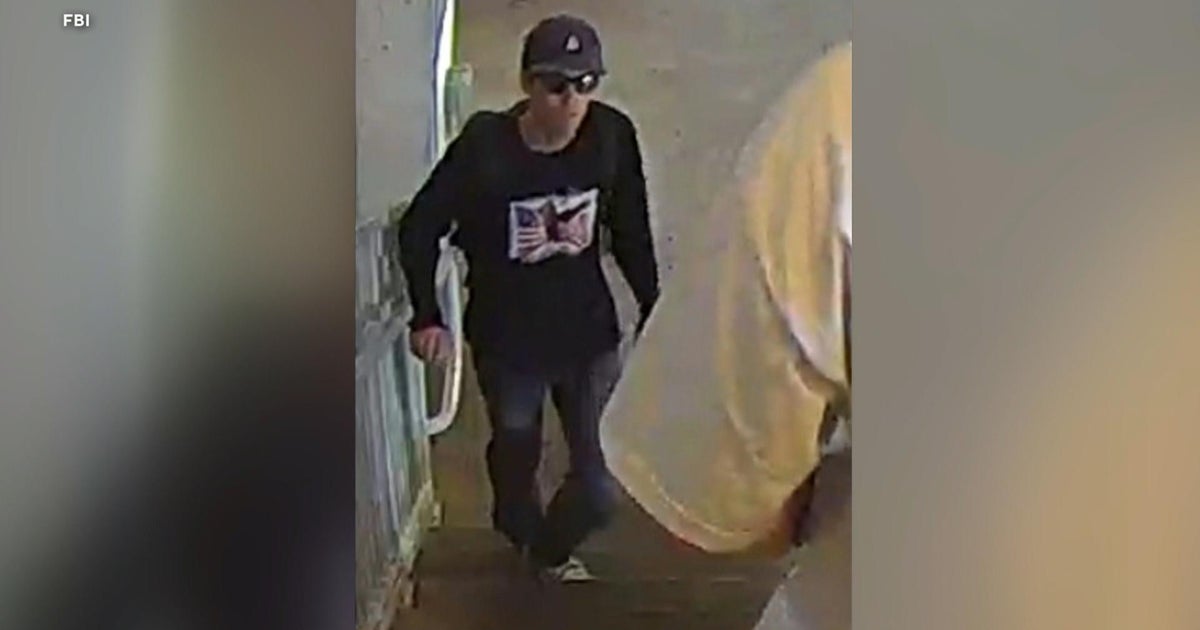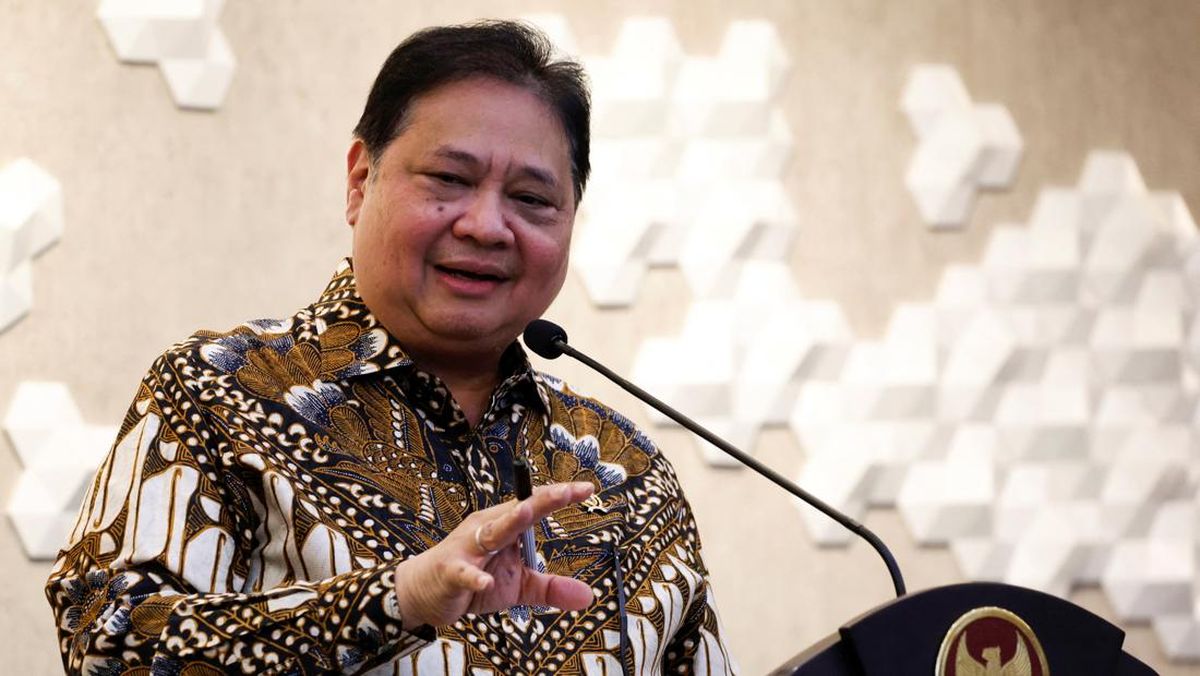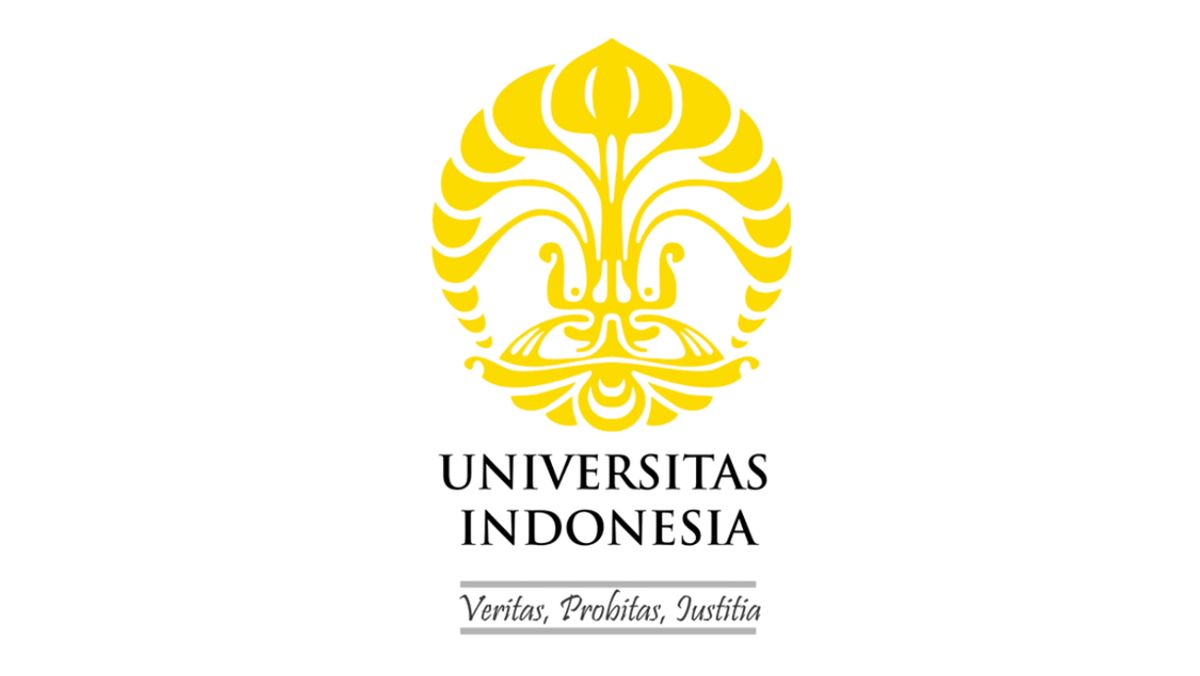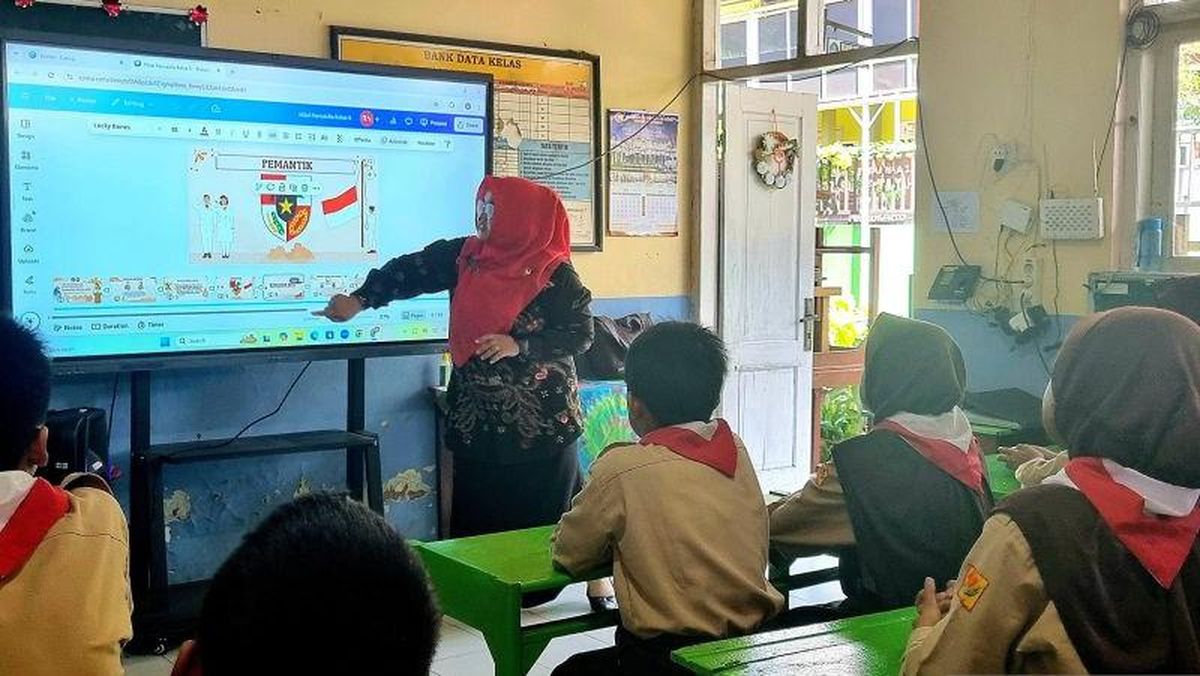Her employers at Netflix called her a “creative genius”. She was the executive responsible for a range of local and international hits including Heartbreak High, Boy Swallows Universe, Apple Cider Vinegar and Territory. She was perhaps the most powerful person in film and television in this country, with a commissioning budget, platform and global audience others could only dream of.
And then, with no explanation, she was gone.
In May, Netflix Australia and its former head of local content, Que Minh Luu, severed all ties, just weeks after Luu had announced she was “stepping down” from her full-time role but would remain with the company “exclusively” as a creative consultant.
“Que no longer works with Netflix in any capacity,” a spokesperson for the streamer said in a written statement.

Luu was seen as a “creative genius” by her supporters within the company, but others claimed she created an atmosphere of intense anxiety.Credit: Wolter Peeters
While declining to comment directly on the reasons for her departure, the streamer added: “Netflix is committed to a safe and respectful work environment. It’s a core part of our publicly shared Culture Memo: ‘No matter how brilliant someone may be, there’s no place in our Dream Team [Netflix’s term for its high-performing workplace culture] for people who don’t treat their colleagues with decency and respect’.”
Luu told this masthead the decision to not proceed with the consultancy role was hers alone. “While I initially agreed to continue in a consulting capacity, I came to realise it would be better for the teams and the projects to have a clean break, regroup and move forward in their own way,” she said in a written response to several questions, while declining to comment further on the record.
But internal communication seen by this masthead makes it clear that Luu was ousted from her role.
According to a dozen sources, all of whom spoke on the condition of anonymity because of Netflix’s widespread use of non-disclosure agreements, Luu’s departure from the most senior and high-profile role at the Australian arm of the world’s biggest streamer brings to an end a difficult reign marked by brittle relationships, both within the company and with the creative sector outside.
Some of that, they claim, was down to Luu’s management style, which an internal report in 2023 described as “mercurial” and “anxiety”-producing for her colleagues. Some of it was because, as one of the biggest commissioners in a small marketplace, Netflix was always going to say no to more people than it said yes to, with all the ill feeling that might generate.
And some of it was arguably a result of the way Netflix operates, with no single executive in charge of the local business, and remnants of a seat-of-the-pants, only-the-strong-survive start-up culture that could sometimes put the company at odds with the protections and expectations enshrined in Australian workplace regulations. As one former insider puts it: “I think it took them some time to realise that operating in a country with labour laws is a bit different.”
Loading
A meteoric rise
Luu was a surprise choice to head up Netflix’s Australian commissioning five years ago. She was highly regarded as an editor, but had been a relatively inexperienced producer at Matchbox and the ABC (where she co-created The Heights) when she was anointed the streamer’s first director of local Australian originals in June 2020. Seven months later, she was promoted to head of content for the Australia-New Zealand market.
That made her the most significant figure in Netflix’s Australian operation, and the highest-profile and best-resourced commissioner in the country.
“The sad thing is, a lot of power was given to someone who probably was not ready for it,” says one former colleague, who adds that working closely with Luu was “a tortuous time”.
That view is seconded by an experienced filmmaker who worked closely with the streamer during her tenure. “She was given a huge job and was woefully unqualified for the position of dealing with the needs of creative producers and the reality of film and TV production,” they say.
‘I think it took them some time to realise that operating in a country with labour laws is a bit different.’
Netflix former insiderStill, the filmmaker doesn’t entirely blame Luu. “It was putting someone who’s never done an executive role into a massive executive role, and I don’t know why they did that to her. That’s nothing against her. It’s like putting me in charge of a 747 – that plane’s gonna crash.”

Byron Baes was Luu’s first commission, and a divisive one.Credit: Paul A. Broben/Netflix
Luu’s defenders use the plane analogy, too, albeit to a different end.
They point out that she started in the newly created role at the height of the COVID-19 pandemic, with no team or structure in place, which effectively meant she was tasked with “building a plane while learning to fly it”.
The commissioning team, which at its maximum consisted of five people, was “under-resourced”, they say, with an “unsustainable” structure and workload. They operated in a “start-up culture … it was scrappy, it was hard”. As a result, “some mistakes were inevitable”.
Creative genius, or creator of chaos?
The shape of those mistakes was made apparent in a “moderated 360-degree” feedback assessment conducted in early 2023.
While lauding her as a “creative genius”, the report (which sought the input of 10 colleagues, and is a standard element of the Netflix culture) also found that her co-workers “experienced her as punitive”, said her behaviour “can be mercurial, with seeming disregard for the impact on others”, and noted she could get “easily distracted”, tended to “pivot frequently”, “operated in chaos and created swirl”, and tended to “leave others behind”.

Territory had a great cast, stunning locations, and was a hit internationally. Yet Luu declined to commission a second season.Credit: Netflix
Her colleagues felt she was “emotionally volatile”, displayed a “lack of boundaries” in sending “texts and emails at random hours with little context”, and tended to look for “someone to blame or find fault with”.
Much of this behaviour stemmed from “a perceived lack of self-confidence”. All up, it created “an intense environment of anxiety” for the people who worked with and under her, the report found.
Former colleagues have added that she had a tendency to weigh in late on projects, making last-minute changes that created the impression she had “saved” a show when if she had been involved earlier, such costly and stressful alterations would not have been needed.
This masthead is not suggesting Luu’s behaviour did not improve over the next two years, nor that the issues identified in the report directly related to her departure.

Minyoung Kim was Luu’s boss, and a staunch supporter, say insiders.Credit: Getty Images for Netflix
Netflix has a policy of not discussing employees past or present. However, internal company correspondence seen by this masthead reveals that Luu was ousted from her full-time role by Minyoung Kim, the company’s head of content for the Asia-Pacific region, in mid-April.
“I’ve made the difficult decision to make a change in the ANZ Content leadership, and Que Minh Luu will be leaving,” Kim informed staff in a group email sent on April 19.
Describing Luu as a “brilliant creative executive who always pushes for the highest standards”, Kim said she had come to the conclusion the role “now requires a different blend of leadership capabilities”. Whoever replaced her as content chief would need “to strike the right balance between creative excellence and operational leadership”.
The ‘keeper test’
None of the five who were in Luu’s content team remain at Netflix. As one filmmaker notes, having seen multiple executives come and go during their time working with the streamer: “It’s a f---ing nightmare in there. It’s like Squid Game inside that company.”
But, adds a former colleague who worked closely with Luu and rates her highly: “What you have to understand about Netflix is that it’s not a ‘family’, it’s a high-performing sports team. As soon as someone better comes along, you’re out.”
Netflix makes no bones about being tough in its approach to hiring and firing. “Since a high performer in any role is many times more effective than the average employee, our Dream Team is driven by performance – not seniority, tenure or unconditional loyalty,” the company’s Culture Memo states.
Senior leaders are expected to apply the “keeper test” to their charges. “If X wanted to leave, would I fight to keep them? … If the answer is no, we believe it’s fairer to everyone to part ways quickly.”
‘It’s a f---ing nightmare in there. It’s like Squid Game inside that company.’
FilmmakerBut while it’s in line with the company’s Silicon Valley origins, that hard-nosed approach can be a little at odds with Australia’s workplace laws.
It’s one thing, says a former colleague of Luu, to play a little fast and loose “when you have a nimble footprint, you’re trying to be a start-up, operating out of a co-working space, and you’ve got a handful of employees ... but when you set up an office and you start making a splash in town and building out your team, then suddenly those responsibilities and that diligence comes into play”.
Concerns about Luu’s manner extended outside the company, too, with some filmmakers stunned by what they saw as her arrogance and dismissiveness. But such is Netflix’s importance to the production industry that many felt they were powerless to complain about, and reluctant to get offside with, the most powerful commissioner in the country.
Some filmmakers who spoke with this masthead say that dealing with Luu was so fraught, they simply chose not to try.
Communication with her was “incredibly tricky”, one filmmaker claims. “It was sporadic, kind of effusive one second, and then would disappear altogether. It was totally mysterious.”
Another filmmaker says: “There was a feeling that it wasn’t a good place to go. If you had a line into the LA office, that was a more solid pathway … that became common, people getting on a plane and going to LA rather than dealing with Sydney.”
Those without that option would often simply take their offerings elsewhere. “I knew a lot of filmmakers that weren’t interested in working with Netflix Australia while she was there,” says a third filmmaker.
Loading
One former colleague claims Luu told staff she had a “kill trigger” and was not afraid to use it – meaning she had the power not just to make shows happen, but also to ensure they didn’t.
But that, says another former colleague, is simply the truth of the role. “The reality is that Netflix only does two or three shows a year in Australia and that means 99.9 per cent of people are going to get a no,” they say. “Maybe she could and should have made that clearer, but there just aren’t that many companies operating here who can deliver a show to the standard they demand.”
The Netflix culture “breeds monsters”, the former colleague says, though they insist Luu was not one of them. They agree she was “not a people person”, but insist she was an excellent creative, who merely demanded the same from her staff.
The entertainment industry is renowned for its unconventional characters, and rejection is intrinsically part of the business. And though they concede she could be blunt, Luu’s supporters insist she was always focused on creating the best content possible. And in that, she was largely successful.
‘Not a normal structure’
Though Netflix has been in Australia since 2015, it opened its first Australian office, in inner-Sydney Chippendale, only last October. Luu kicked off proceedings that night, introducing Greg Peters, co-CEO of Netflix globally (alongside Ted Sarandos), who in turn introduced guest of honour, Tony Burke, the federal Minister for the Arts.
“Simply to have a permanent office in itself is really important,” Burke said. “It sends a message to me, it sends a message to everybody who works here, that this is a permanent home of creativity in Australia for one of the biggest platforms on the planet, and that’s something to celebrate.”

Kaitlyn Dever in Apple Cider Vinegar, one of Netflix Australia’s recent hits.Credit: AP
Despite the impressive new digs, Netflix still does not have a senior overarching manager in Australia. Luu reported offshore, to her line manager (and closest supporter) Kim, who was based in Tokyo.
“The Netflix system here, it’s very easy for it to be a mess the way it’s structured,” says one production executive who has dealt extensively with the company. “They all have their own little worlds, it’s not a normal structure that exists in most organisations to ensure a level of HR and management of people. Netflix is not setting these people up for success.”
The potential for issues to arise from the lack of direct in-country reporting lines has been laid bare in a separate case, that of Vanessa Hughes, a senior marketing executive in Netflix’s Sydney office who was made redundant while on maternity leave in early 2024, and who is now suing the company for wrongful dismissal in the Federal Court.
In documents lodged with the court, Hughes claimed her manager denied her request for 12 months’ paid maternity leave (the maximum the company allows) by referring to the legal requirements in Japan, where the company’s regional leadership is based, rather than Australia, where she worked.
“The recommended parental leave was seven to nine months due to Japanese laws, and any extension would require evidence of a medical condition,” Hughes claims he said.
Despite the lack of clear reporting lines for those under Luu, on at least two occasions official complaints about her management style did make it to Kim. Insiders told this masthead that an incident earlier this year is what finally spurred Kim to act.
In a statement, Netflix insisted it “takes the wellbeing of its workforce seriously”, and has measures in place to “ensure safety and respect”.

Author Trent Dalton (centre) on the set of Boy Swallows Universe with Travis Fimmel (right). The series was a hit locally and internationally.
“If an employee feels harassed or discriminated against, we encourage them to report it right away,” the company claims. “We’ve even set up a confidential reporting hotline, EthicsPoint (netflix.ethicspoint.com), if that works better for the employee.”
Filling the top job
Luu’s departure came at a critical juncture for Netflix, with the federal government still to deliver its long-awaited local content quotas for streamers. Netflix has long argued that regulation is unnecessary because its business model is all about making great local content for a global audience anyway.
“Que’s departure does not reflect any change in Netflix’s strategy or commitment to local content in Australia,” a company spokesperson said. “Netflix is committed to continuing to grow our ANZ programming, and we will continue to invest significantly in local content because we know it’s what our members want and expect from us.”
Minyoung Kim finally announced Luu’s replacement on August 25, after four months in which the streamer’s top local position sat vacant.
Amanda Duthie, a vastly experienced and widely respected production executive, was poached from Stan, where she had overseen a huge production slate across scripted and unscripted programming.
The Australian streaming service, which is owned (like this masthead) by Nine, has ambitions to release about 30 originals a year. It relies on co-production arrangements with foreign broadcasters, production companies and distributors for that prodigious output.
At Netflix, Duthie will likely oversee a much smaller slate, but with a much bigger budget on any one title.
Loading
Announcing the appointment, Kim hinted at the project of repair she had been engaged in with the local production sector since April, and the importance of getting the appointment right.
“Over the past months, I’ve had the pleasure of reconnecting in person with our key partners in [Australia and New Zealand], and been reminded of Netflix’s vital role in the local industry,” she said. “I am truly grateful for their insights.”
After almost five years in the biggest job in Australian screen, Luu left Netflix with a mixed report card. She got off to a poor start with the reality series, Byron Baes, which encountered enormous backlash from residents in NSW’s Northern Rivers area, was panned by critics, and failed to excite audiences.
But she finished with a string of shows that were popular and critical successes, both at home and internationally: Apple Cider Vinegar, Boy Swallows Universe, Territory and Heartbreak High. But of all her commissions, only Heartbreak High has had more than a single season, which some take as evidence of the troubled relationships at play with the production sector.
“We used to say no brilliant jerks,” says one former colleague in reference to one of the guiding tenets of the Netflix culture. “We don’t say that any more.”
Find out the next TV, streaming series and movies to add to your must-sees. Get The Watchlist delivered every Thursday.

